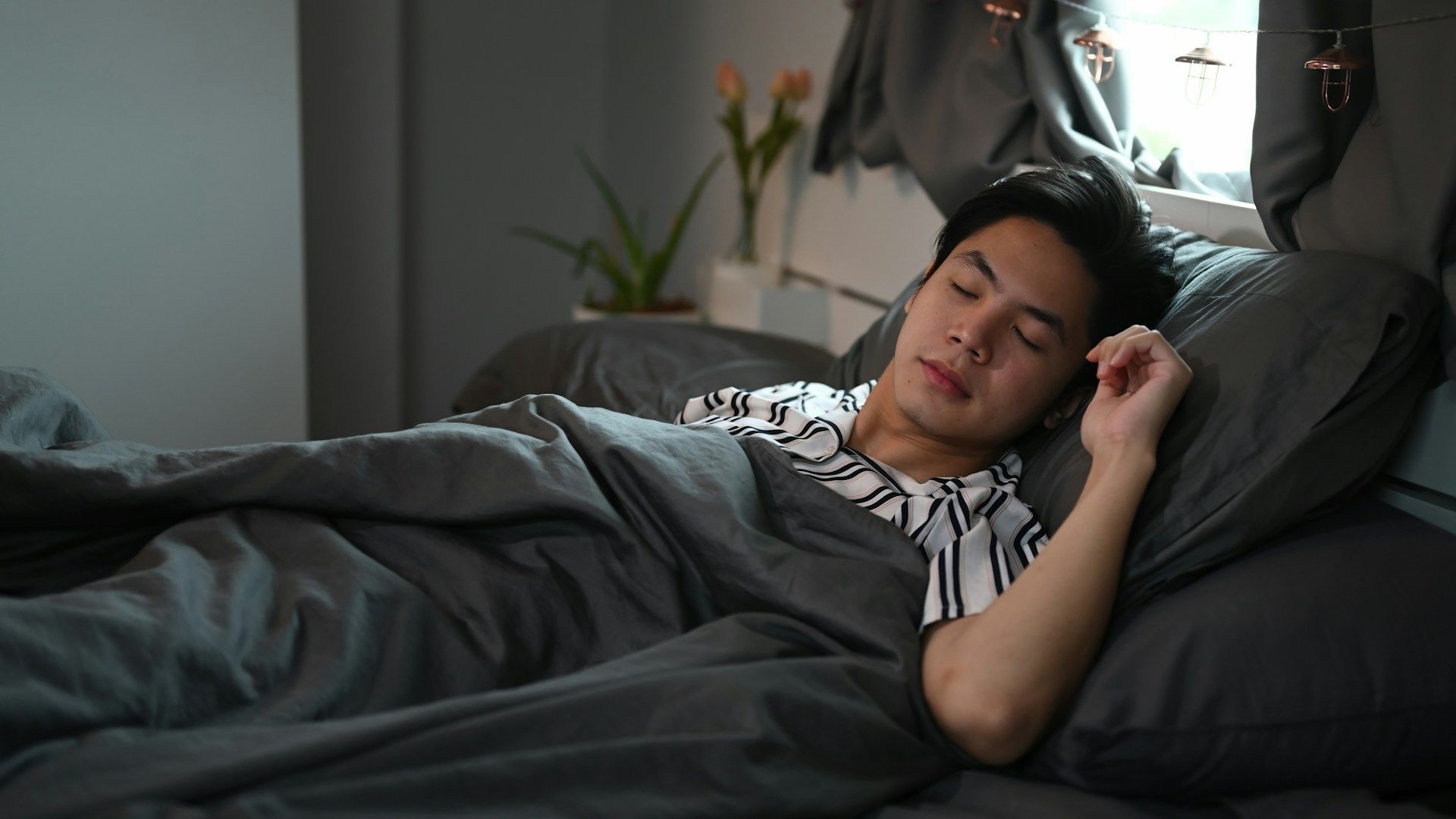TMJ/TMD and Sleep Apnea: How They Affect Each Other

Many folks might not know that TMJ/TMD problems and sleep apnea can be connected. TMJ/TMD stands for temporomandibular joint and muscle disorders, which involve pain and dysfunction in the jaw joint and muscles. These issues can make it hard to chew, speak, and even sleep well.
Sleep apnea is another health concern that affects breathing during sleep. It can cause snoring and restlessness, preventing a good night's sleep. Having TMJ/TMD can sometimes make it even harder to deal with sleep apnea, because both impact how well you rest at night.
Understanding how these two conditions relate is important for finding ways to feel better. With the right approach, people can improve their sleep and reduce jaw pain. Working with a team of doctors can help pinpoint effective treatments, like oral appliance therapy, to ease the discomfort and ensure you sleep easy.
Understanding TMJ/TMD and Its Symptoms
Temporomandibular joint and muscle disorders, often known as TMJ/TMD, can cause a lot of discomfort in and around the jaw. TMJ refers to the joint connecting the jawbone to the skull, which allows for smooth movement when talking or eating. TMD encompasses any dysfunction or pain related to this joint and the surrounding muscles.
Common symptoms of TMJ/TMD include jaw pain, headaches, and teeth grinding, also known as bruxism. These symptoms can feel annoying and sometimes even painful. You might notice clicking or popping sounds when you open your mouth or chew. Sometimes, the jaw may lock, making it hard to open or close your mouth. Other signs can include earaches, facial pain, or even neck and shoulder discomfort.
These symptoms can severely impact daily life and make sleeping difficult. The pain and discomfort can disturb sleep patterns, leading to sleep deprivation. Teeth grinding can occur both day and night, but when it happens during sleep, it may not be noticed until it causes significant damage to teeth or affects sleep quality. Addressing TMJ/TMD can help improve these issues, giving you better rest and comfort throughout the day and night.
Exploring Sleep Apnea and Its Impact on Health
Sleep apnea is a condition where breathing repeatedly stops and starts during sleep. This can lead to restless nights and feeling tired even after a full night’s sleep. There are several types of sleep apnea, but obstructive sleep apnea (OSA) is the most common. OSA happens when the throat muscles relax and block the airway.
Symptoms of sleep apnea include loud snoring, gasping for air during sleep, and waking up with a dry mouth or sore throat. It might also cause headaches, difficulty paying attention, and irritability during the day. Besides affecting sleep quality, sleep apnea can lead to serious health risks. It’s linked to high blood pressure, heart problems, and even diabetes.
Diagnosing sleep apnea properly is crucial. Doctors can recommend a sleep study to observe sleep patterns and determine how severe the apnea is. Once diagnosed, there are treatments available. CPAP machines are a common treatment option, but they aren’t always suitable for everyone. That’s where oral appliance therapy can play a role. These devices keep the airway open and help reduce symptoms. Addressing sleep apnea can improve overall health and quality of life.
The Connection Between TMJ/TMD and Sleep Apnea
There is a notable connection between TMJ/TMD and sleep apnea. TMJ/TMD can sometimes lead to or worsen sleep apnea, as issues with jaw alignment may affect the airway. When the jaw is misaligned, it can reduce the space available for air to pass while sleeping, contributing to obstructed airways. This misalignment can cause the muscles around the throat and jaw to relax excessively during sleep, increasing the risk of airway collapse.
Teeth grinding, or bruxism, is commonly seen in people with TMJ/TMD and is often linked to sleep apnea. Grinding can put additional stress on the jaw joint and muscles, promoting further misalignment. The repetitive motion of grinding may cause muscle fatigue, making it harder to keep the airway open at night.
Understanding the connection between TMJ/TMD and sleep apnea is essential for managing these conditions effectively. Recognizing how they interact can help in devising treatment approaches that address both issues together, potentially providing more significant relief and improving sleep quality.
Treatment Options and Management Strategies
Managing TMJ/TMD and sleep apnea effectively requires looking at treatment strategies that address both conditions. Oral appliance therapy is a popular treatment option. These devices help keep the airway open by adjusting the position of the jaw, which can ease both TMJ/TMD symptoms and sleep apnea. Oral appliances are often comfortable and easier to use than traditional CPAP machines.
Combining treatments is often the best way to manage these interconnected conditions. Besides oral appliances, options like physical therapy, stress management techniques, and lifestyle modifications, such as avoiding certain foods that increase bruxism, may be recommended. Regular check-ups with dentists and doctors are also important to ensure treatments are working effectively.
Consulting a dedicated team of doctors who understand the complexities of both TMJ/TMD and sleep apnea is crucial. They can help personalize care plans that suit individual needs, improving outcomes and providing a path to better sleep and less pain.
Conclusion
Taking a comprehensive approach to understanding and treating TMJ/TMD and sleep apnea can significantly improve one’s quality of life. Recognizing how these conditions affect each other helps in finding the right solutions. With the right management strategies, individuals can find relief from discomfort and achieve restful sleep.
At Pittsburgh Dental Sleep Medicine, our goal is to provide care that meets your unique needs. We want to help you breathe easier and live more comfortably. Reach out today to explore effective and personalized oral appliance therapy that addresses both TMJ/TMD and sleep apnea, guiding you toward a healthier and more restful life.

